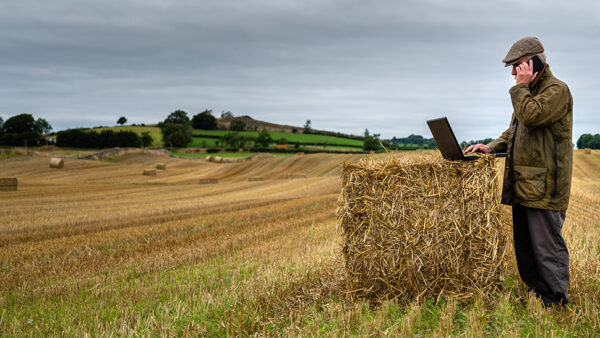
Considerations for land transactions where natural capital or environmental schemes are proposed
29 May 2024

As a result of legislative changes and economic forces, many farmers and landowners are turning to Natural Capital or Environmental Schemes to assist with income streams. However, prior to making such commitments it is vital to consider their impact on future land transactions.
A review of the title deeds will also be required to establish whether there are any existing rights or covenants, which if exercised may damage or prevent the habitat creation. A decision needs to be taken as to whether the design can avoid the areas or if not, the level of risk involved.
Before entering into any schemes it is worthwhile considering the following:
- Whether there is any potential for future development on the land or neighbouring land in the same ownership which could be adversely affected. For example if the route of cables or access would need to be sited along or close to the area proposed to be entered into the scheme
- The cost of any ongoing maintenance required. If, for example, the land was badly flooded or otherwise damaged, the landowner would be under an obligation to reinstate to the level agreed in the scheme in order to maintain the correct amount of credits or units sold or leased, or to maintain the biodiverse nature of the scheme. Such long-term maintenance costs may affect the ability to sell or lease the land, particularly when the current landowner has already received the lump sum at the start of the scheme and no further payment is due
- Any potential impact on non-farming operations. These include the exercise of sporting rights, the potential to enter into new wayleave, tenancy or other agreements, or other beneficial environmental uses – such as the use of solar or wind turbines, all of which can offer financial gain
- That the covenants and obligations contained in such schemes can last for between 30 and 80 years, which will not only restrict the future use and management practices of the land subject to the scheme, but may also lead to a decrease in value of the land and difficulty in leasing, selling or mortgaging the land.
Where such schemes are proposed, we strongly recommend that you consult your solicitor, land agent and accountant to ensure that the schemes are in the long-term best interests for your business and do not have any adverse implications both now or in the future for you or your loved ones.










